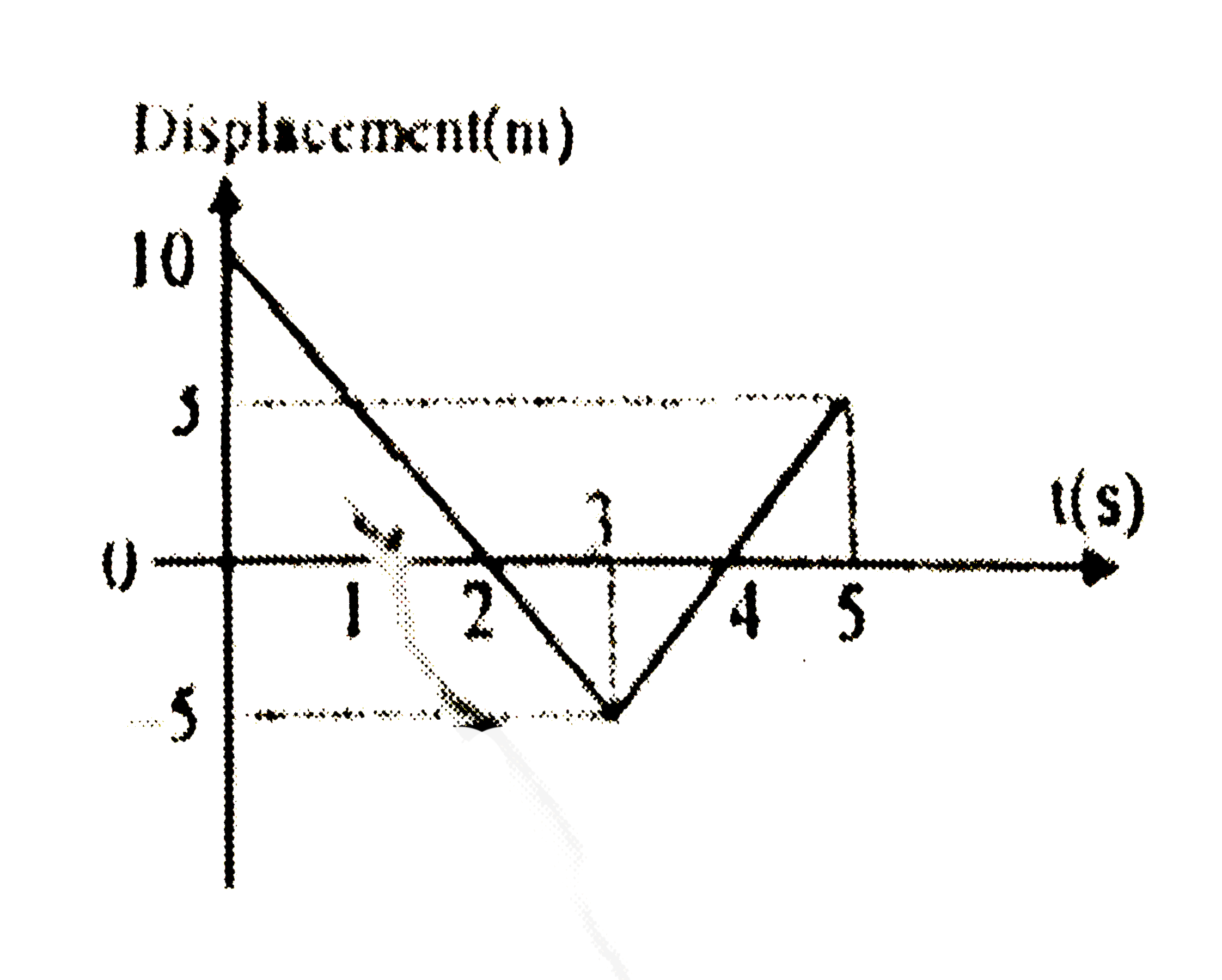A particle moves according to the law, x=acos(πt/2). . What is the distance covered by it in time interval t=0 to t=3 second.
2a
3a
4a
a
The correct Answer is:B
ω=π2,T=4sec
Topper's Solved these Questions
- BOOK - NARAYNACHAPTER - OSCILLATIONSEXERCISE - LEVEL -II (C.W)36videos
OSCILLATIONS
- BOOK - NARAYNACHAPTER - OSCILLATIONSEXERCISE - LEVEL -III51videos
OSCILLATIONS
- BOOK - NARAYNACHAPTER - OSCILLATIONSEXERCISE - C.U.Q78videos
OSCILLATIONS
- BOOK - NARAYNACHAPTER - NEWTONS LAWS OF MOTIONEXERCISE - PASSAGE TYPE QUESTION6videos
NEWTONS LAWS OF MOTION
- BOOK - NARAYNACHAPTER - PHYSICAL WORLDEXERCISE - C.U.Q10videos
PHYSICAL WORLD
Similar Questions
A particle moves according to the law x=rcos(πt2). The distance covered by it in the time interval between t = 0 and t = 3 s in nr. What is the value of n?
View SolutionA particle moves along the x axis according to the lawx=acosωt. Find the distance that the particle covers during the time interval from t=0 to t.
View Solution
Knowledge Check
- Question 1 - Select One
A particle moves according to the law, x=acos(πt/2). . What is the distance covered by it in time interval t=0 to t=3 second.
A2aB3aC4aDa - Question 2 - Select One
A particle moves according to the equation x=acosπt. The distance covered by it in 2.5 s is
A3aB5aC2aD9a - Question 3 - Select One
A particle moves according to equation x = A cos πt. The distance covered by it in 3.5 s is
A3AB7ACADzero
A particle moves in y plane according to the law x=4sin6t and y=4(1-cot6t) .The distance traversed by the particle in 4 seconds (in meter) s (x and y are in
View SolutionThe diagram shows the displacement - time graph for a particle moving in a straight line. The distance (in m) coverted by the particle in the time interval t=0 to t=5s is
 View Solution
View SolutionA particle moves in x−y plane according to the law x=4sin6tandy=4(1−cos6t). The distance traversed by the particle in 4 second is (x&y are in meters)
View SolutionA particle moves along the x - axis according to x=A[1+sinωt]. What distance does is travel in time interval from t=0 to t=2.5π/ω ?
View SolutionA particle moves along x-axis according to the law x=(t3−3t2−9t+5)m. Then :-
View Solution

